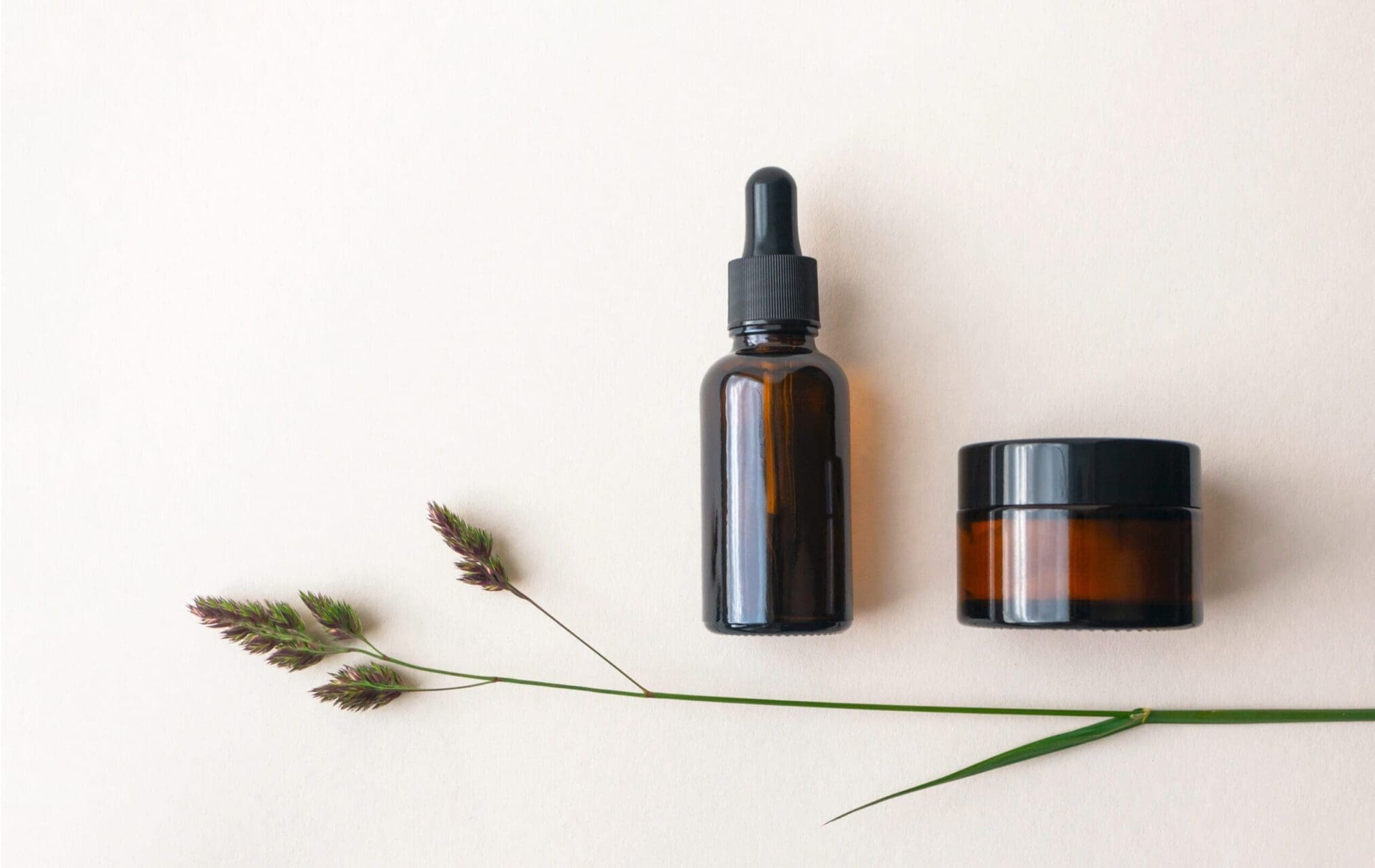On August 7, 2020, the Scientific Committee on Consumer Safety (SCCS) published its opinion on Titanium dioxide (TiO2), a common ingredient used in cosmetic products as a colorant, UV filter and filler.
Background and current restrictions on TiO2
Currently, under the Cosmetics Regulation (EC) 1223/2009 (Cosmetics Regulation), TiO2 in its regular form is allowed as a colorant, provided that the relevant purity criteria are met, and as a UV filter with maximum concentration of 25% in the finished product. Additionally, the nano form of the ingredient must not be used in applications that may lead to exposure of the end-user’s lungs by inhalation.
Under the Classification, Labelling and Packaging Regulation (CLP Regulation), the European Commission has already classified TiO2 as a suspected carcinogen (category 2) when inhaled in certain powder forms. Even though the CLP Regulation concerns chemical substances and does not apply to cosmetic products, the Cosmetics Regulation generally prohibits the use of substances classified in category 2 of the CLP in cosmetic products.
Based on the above, among other considerations, the European Commission had requested the SCCS to conclude on the safety of TiO2 as an UV filter in cosmetic products up to a maximum concentration of 25%, as a colorant, and as an ingredient in all other cosmetic products.
SCCS opinion conclusions
The SCCS has concluded that the use of pigmentary TiO2 up to a maximum concentration of 25% in a typical hair styling aerosol spray product is not safe for either general consumers or hairdressers. Instead, the maximum concentration of TiO2 that can be considered safe for this type of products is 1.64% for general consumers and 1% for hairdressers.
TiO2 was assessed as safe for the general consumer when used in a loose powder in a typical face make-up application with the maximum concentration of 25%.
It is important to note that the SCCS had received only limited information and as such it could not assess whether other types of products would be considered safe as well.
Efrosina Zhivkova
Expert Consultant at Regulatory Affairs Department
02/09/2020
With over 30 years of experience, Obelis has demonstrated its expertise in EU cosmetics regulatory framework and will continue to keep track of the latest developments to provide our clients with the best and most up-to-date information.
If you wish to ensure that your products comply with the EU Cosmetics Regulation, contact us!


